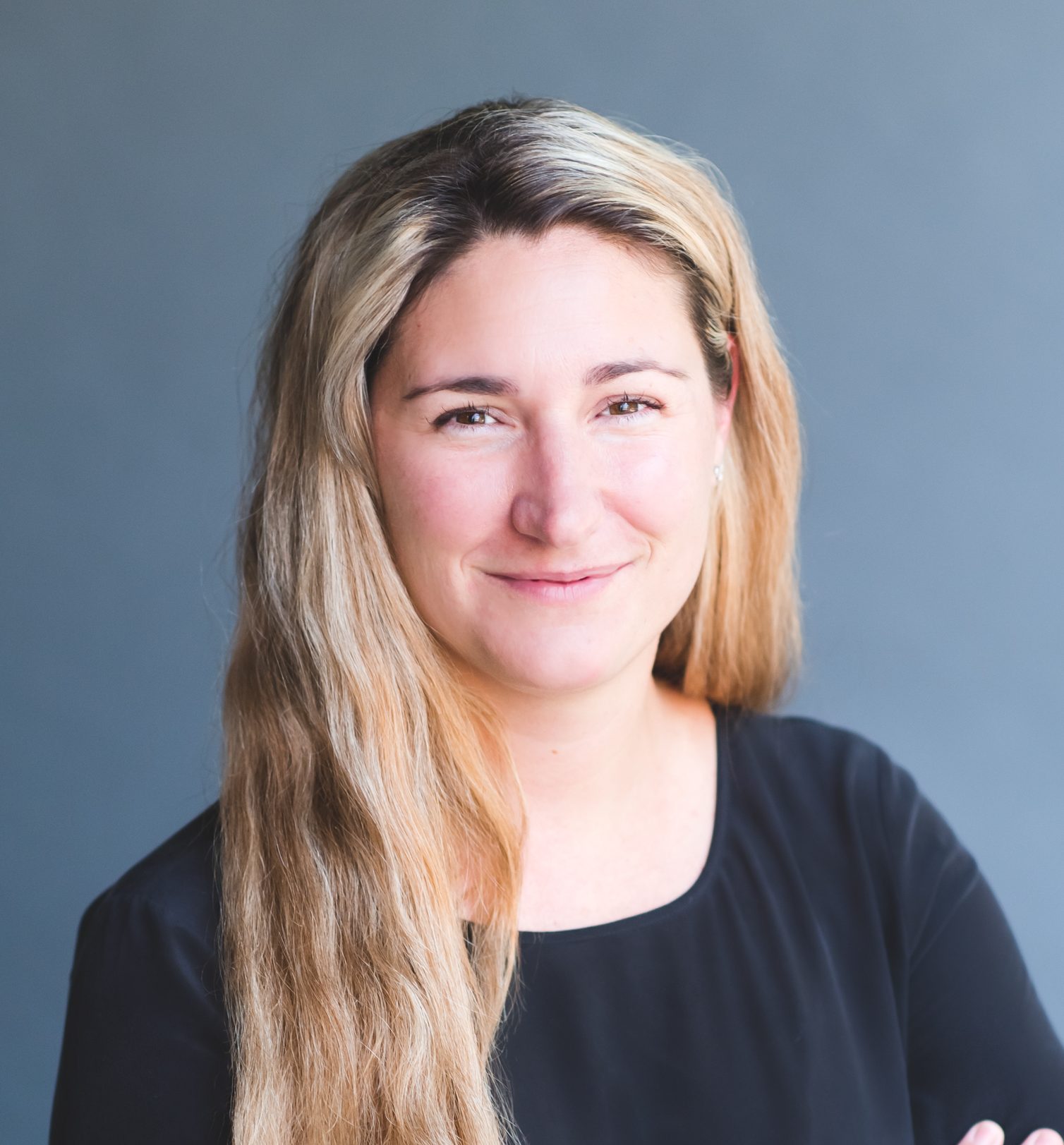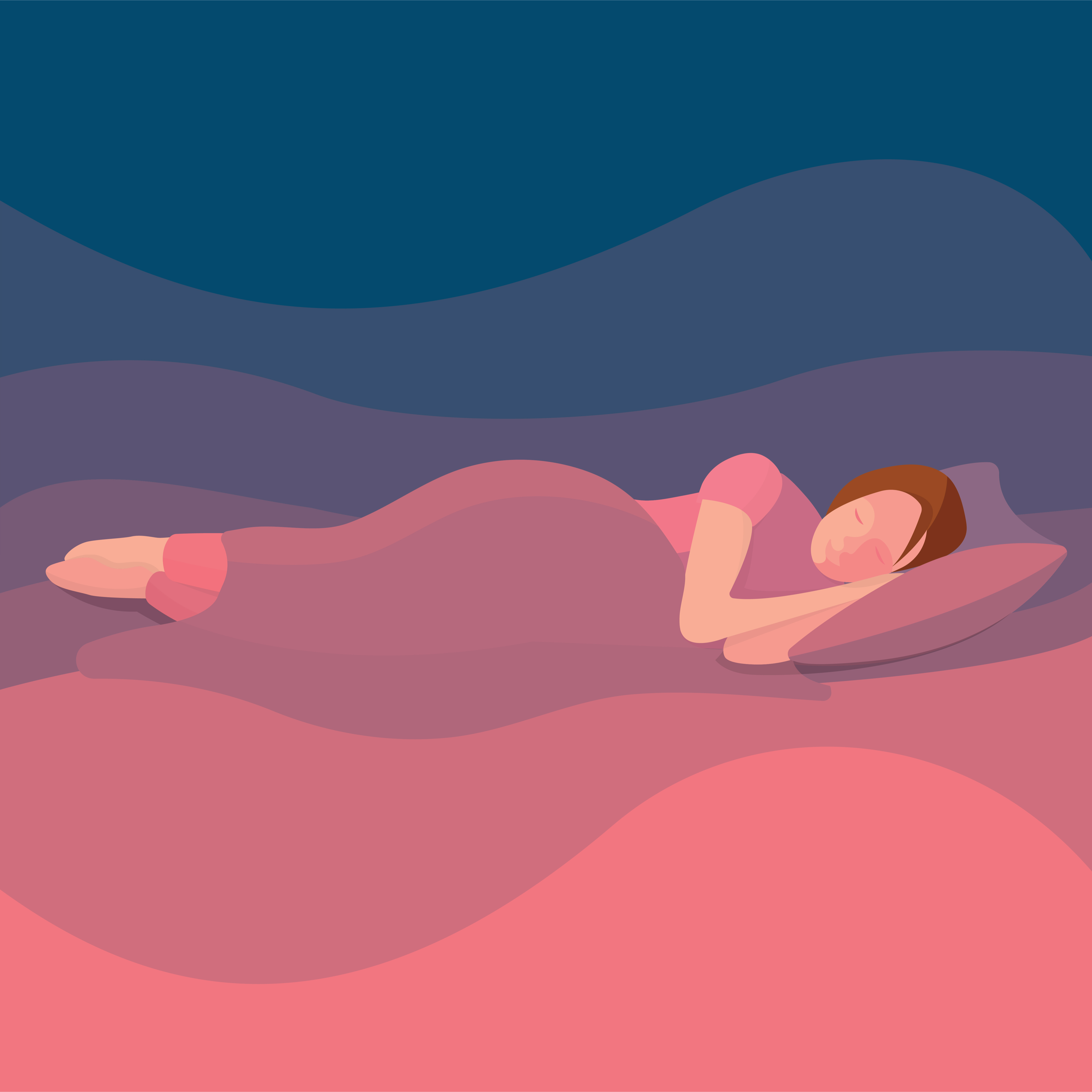One of my clearest childhood memories is how much my mother loved sleep. She used to say things like she loved sleep so much she wanted to live in a pillow. I remember this well because as a child, I loved being awake, not asleep. Fast forward to when I was an undergraduate student. One of my most memorable academic experiences came during the first lecture of a sleep and chronobiology course at Brown University taught by Dr. Mary Carskadon, who said “sleep is ubiquitous.” These three words and the magnitude of what they meant resonated with me. I was drawn to the idea of learning how to enhance such a universal biological need – sleep – because I could see a clear path to helping people through improving their sleep patterns.
I also learned from Dr. Carskadon that sleep occurs in partnership with circadian rhythms. Circadian rhythms are responsible for the 24-hour cycles of human physiology that control the timing of events such as sleep, alertness, mood, and hormone release at specific times of day. Sleep and circadian rhythms influence pretty much all aspects of human functioning including performance, impulsivity, decision making, learning, memory, mood, attention, alertness, hunger and overall physical and mental health. Sleep, or lack thereof, is also linked to the functioning of our immune system, and how likely we are to get cardiovascular disease, cancer, diabetes, obesity, and much more.
The take-home message is, when people don’t get sleep, bad stuff happens. We routinely ask people to work long hours with too little sleep leading up to critical missions, events, and decisions. I think we all know what it feels like when we try to function on too little sleep, whether it’s pulling an all-nighter to study for an exam, working the graveyard shift, being on call at work or at home, driving a truck to deliver essentials, or taking care of a newborn baby. I also believe that following a night of too little or no sleep, we are not at our best level of functioning the next day. Thus, it’s no surprise to learn that the demand for humans to perform critical work-related tasks at adverse circadian phases (at times of day the body would rather be sleeping), especially while lacking adequate sleep, has played a role in some of the world’s most devastating industrial and transportation disasters: the nuclear plant meltdowns of Chernobyl and Three Mile Island; Challenger space shuttle explosion; the Exxon Valdez oil spill; American Airlines flight 1240 crash—as well as day-to-day incidents in the workplace and on roadways. In addition to deadly events, the ability to cope and remain resilient in challenging situations is made more difficult without the buffer of adequate sleep.
Beyond my early curiosity about sleep, piqued by my mother’s great affection for it and my academic interest in it, I have known since childhood that I wanted to work at something that helps other people. At first, it was a general interest in improving people’s health and their quality of life. Through experiences in college, it became clear that the best way for me to fulfill this goal is to improve people’s sleep and circadian rhythms. A major catalyst for my desire to help people was seeing several family members suffer with medical issues. When I was 10 years old, my sister was diagnosed with a brain tumor and required emergency surgery. Two years later, her tumor came back requiring another major surgery. Fortunately, she was successfully treated and is alive and well today. I shared a room with my sister when she was recovering, and it was clear less disrupted sleep at night signaled she was getting better (less pain, less medicine needed). When I was 16 years old, my mother was diagnosed with breast cancer. Seeing my mother suffer and knowing that her beloved sleep (and her break from pain) was so often disrupted due to pain and nausea was awful. I desperately wanted to be able to help my mom feel better. This significant life event solidified my desire to focus on a way to help others and reduce suffering. Several years later, my family and I struggled to cope with the news that my mother’s cancer had returned and was likely terminal. At the same time, my niece was born with a congenital heart defect that led to open heart surgery when she was just 6 weeks old. Due, in great part, to others who have committed their lives to helping people, in this case the medical teams at Boston Children’s Hospital, my niece is now a happy teenager. I slept with my sister on a single cot in the hospital while her daughter was in the PICU. The lack of sleep and the disrupted nature of sleep certainly did not help to make an extremely hard situation better. I watched my mother die on August 30, eleven years ago. I had a front row seat to the fragility and fleeting nature of life. The amount of emotional pain associated with this event is difficult for me to describe, even years later, but it manifested into a passion and resolution to do something to help people and to build something that is useful. Through these challenges, the power of sleep became clear to me. I observed firsthand while watching loved ones and caregivers suffer with medical illness, how their discomfort was intensified by the absence of sleep, yet comfort came with the presence of sleep. For me, sleep is like the canary in the coal mine of health. Poor sleep is often an early indicator of health problems (both mental and physical), but improved sleep is often a sign your overall health is moving in a positive direction.
This past summer, my youngest daughter – only 4 years old – needed neurosurgery. Once again, I was reminded of the fragility of human life. I was again relying on medical team at Boston Children’s Hospital to help a loved one, this time my own daughter. Admittedly, as a sleep scientist and mother, when I turned my daughter over to the esteemed medical team and neurosurgeon I was to trust with her safety and life, I couldn’t help but hope that everyone on that team had slept well the night, days, and weeks before her surgery. My daughter’s surgery went extremely well and she’s doing great now.
My personal life experiences and my academic experiences have shown me that sleep is a fundamental aspect of human functioning, health, behavior, and well-being. Three years ago, I left my position as Deputy Director of the E.P. Bradley Hospital Sleep Research Laboratory and Assistant Professor at Alpert Medical School at Brown University to start a sleep and circadian rhythms -based technology company that uses science to develop solutions to enhance sleep, circadian rhythms, and performance with a goal of helping to enhance people’s lives. In my next posts, I will share with you the science of how sleep and circadian rhythms work, and how the technology we’re making is going to change the way technology is able to use science to positively impact sleep and circadian rhythms.


